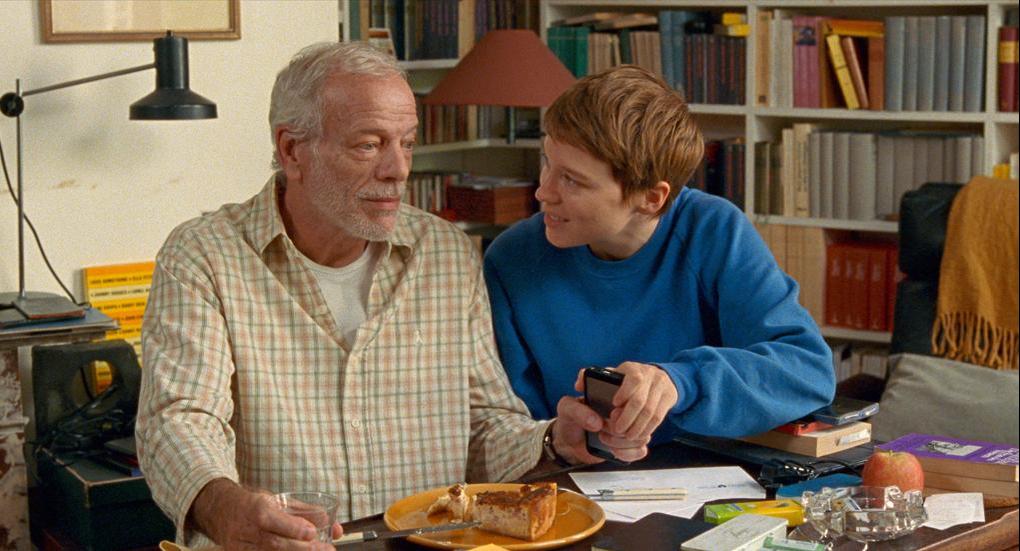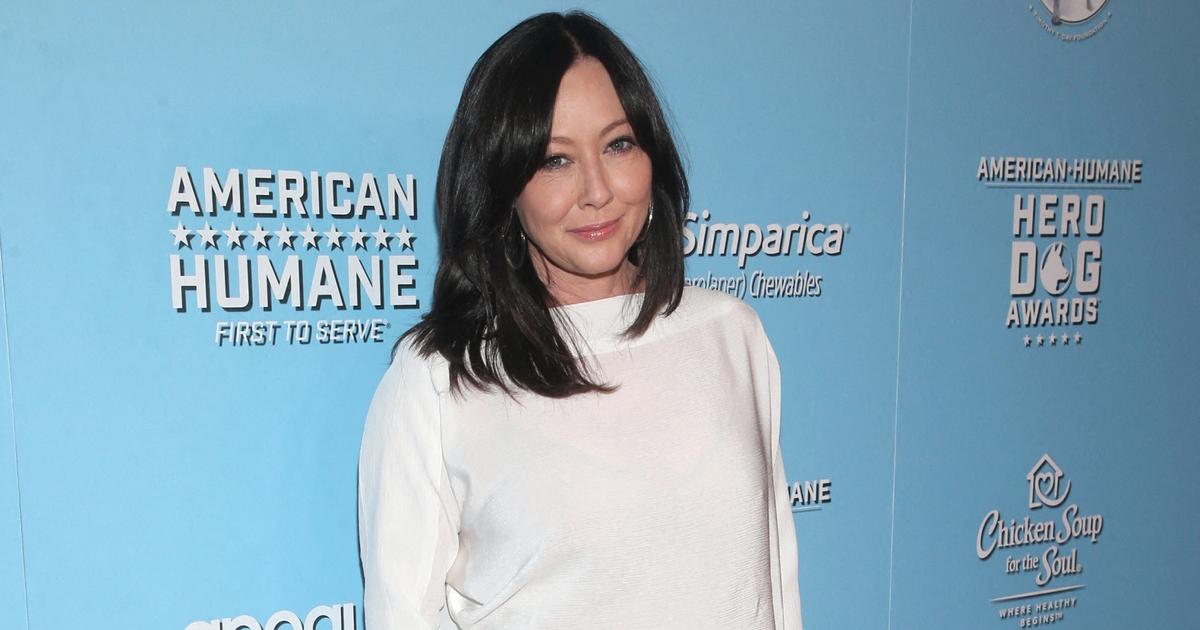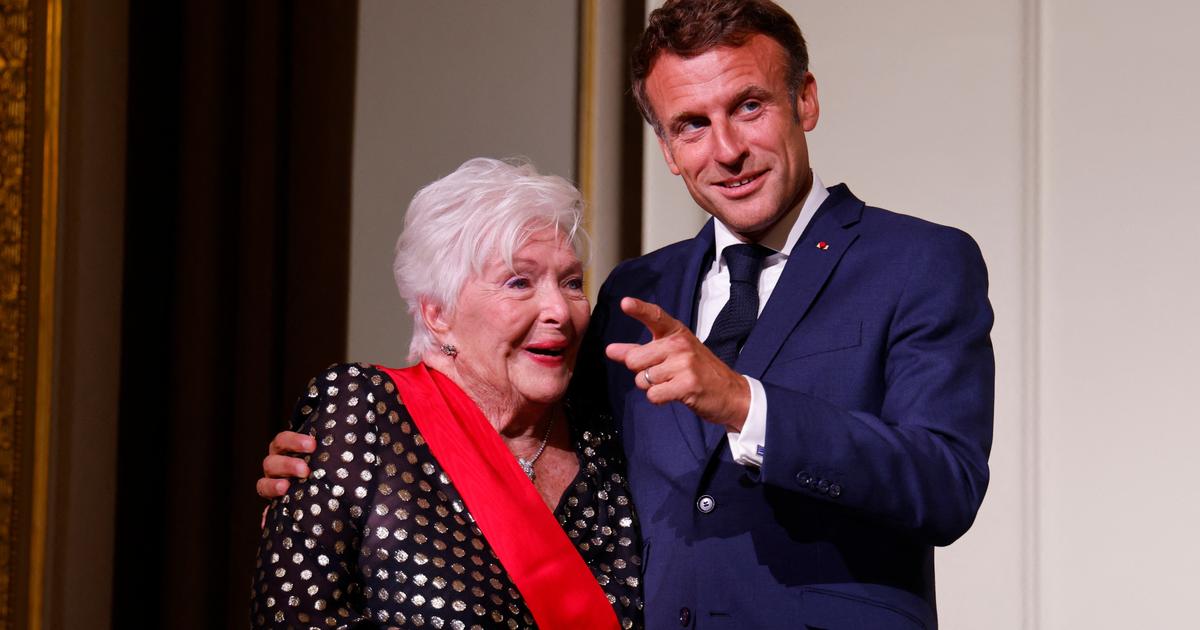September 2022. Catherine Guillouard, CEO of the RATP, decides at the age of 57 to leave her post to take on her role as a caregiver to her parents.
If the enarque retains a non-executive function in the group, his decision, taken up by the press, is a strong symbol, revealing a reality that 15% of the French population is going through.
The figures vary according to the survey methods, but, in France, between 8.5 and 11 million people support one or more relatives with disabilities or partial or total loss of autonomy on a daily basis, due to age or illness.
Care, support for education and social life, making medical appointments, administrative procedures, listening, domestic activities (meals, cleaning, etc.), their missions are as varied as the types of assistance.
One can be the parent of a handicapped child, the brother of a schizophrenic woman, the daughter of a diminished couple, the friend of an isolated neighbour, etc.
It is precisely there, in this mosaic of situations, that the main difficulty lies in finding suitable solutions, in supporting variable mental, physical and emotional loads.
In video, the trailer for
Un beau matin
, the film by Mia Hansen-Løve
Are we helping alone or with other relatives?
Does the loved one also benefit from professional help at home?
Is it short or long term support?
What is the economic and social situation of the carer?
Does the person in difficulty live 5 or 500 km away?
Are we only aware of being a helper?
“Some people tell us that they do not recognize themselves in the term “helper” because it only defines the “role” vis-à-vis the person they accompany, says Gwenaëlle Thual, president of the French Association caregivers, which campaigns for the representation and recognition of the place of the caregiver in society.
It is for them a meaningless label that does not include their place and all that that entails emotionally, affectively,
The challenge of staying at home
Hélène Rossinot, doctor specializing in public health and social medicine, author of
Being present for her parents
, adds: “Others reject the term because they consider that they are not there yet.
However, there is no need to be on the edge of the abyss to be helpful.
Coordinating appointments and running errands for a loved one is already a challenge.
It is essential to raise awareness on the subject, because social measures are necessary so that these caregivers do not find themselves isolated.
We all stand to gain.
The term is also a tool that opens access to associations, to a community, to rights.
Social measures are necessary so that these caregivers do not find themselves isolated
Hélène Rossinot, public health specialist
But the aid systems (medical, domestic) and the interlocutors (associations, town halls, regions, etc.) vary according to the autonomy of the person to be supported, their age, the place of residence... Alix, 49 years old, mother of two boys 18 and 5 years old, takes care of her mother, who has suffered from frontotemporal dementia for almost a year.
She wants to keep her at home as long as possible.
“In six months, it crumbled.
You have to mourn, see her lose her dignity, in addition to the monstrous mental load.
I found myself caring for her like a 2 year old almost overnight.
And I discovered a new world full of acronyms that meant nothing to me.
Why is there no referent professional who, according to our choices,
While there are many professional remedies and types of leave for caregivers to organize their working time, they remain complex.
An aberration, slice Gwenaëlle Thual: “We must go towards the universalism of rights, think the devices according to the common denominators more than according to what will separate, specify the situations of the people accompanied.
In two situations where the sick person would have the same needs on a medical level, the repercussions are not the same on the carers, because the family or friendly units, the goods and resources, the professions diverge.
The intensity and duration of the accompaniment are then not experienced in the same way.
free speech
All the specialists agree on this point: in terms of the responsiveness of employers and aid organizations, today, the account is not there.
The “caregiver” leave allows, for example, to stop three months per year, split or not, but cannot exceed one year over the entire career of the employee.
Unsuitable for a loved one suffering from a long-term illness, therefore.
It also depends on the level of loss of autonomy of the loved one, which must reach at least 80%.
Exit certain pathologies (sarcoma, cystic fibrosis, diabetes, etc.).
And what about the one-month notice to the employer (except in exceptional cases) and the interminable administrative support, blocking when the problem arises suddenly?
Following a fall that damaged his kidneys, the octogenarian father of Emmanuelle, a chartered accountant, found himself stranded in the hospital in the middle of Covid.
When she asks her employer to arrange her working time, the HRD replies: "Yes, if your father is at the end of his life."
“To this brutal question, neither I nor the doctors had the answer then.”
According to a 2017 study by the DARES (Direction for the Animation of Research, Studies and Statistics), half of caregivers work and only 14% of them have arranged their professional life.
Women, who account for 60% of caregivers, are often those who sacrifice their jobs in the couple.
Blame it on often lower wages.
Helpful but active
"We have to shake up the corporate culture," explains 30-year-old Hélène Rossinot, whose commitment to this subject is daily and breathtaking.
Caregivers often want and need to continue working.
We have to support them, reassure them, so that they don't feel judged or in danger, so that they allow themselves to say: "He's my father's doctor, I'll be back in five minutes", when the telephone rings in a meeting.
Nobody needs a closet in addition to the mental load.
Fear of being hindered in promotion, modesty or fear of being fired often muzzle active caregivers.
In response to the investment of our employees, we must know how to reach out to accompany them in the happy moments of their lives as well as in the most delicate
Amélie Watelet, HRD of AXA France
“With regard to parenthood, for more than ten years, companies have made great progress, analyzes Amélie Watelet, HRD at AXA France.
On aid, we lack maturity.
It is important to free speech.
It is also up to us to provide the best possible information, so that everyone is aware of the company's support policy.”
AXA thus signed a company agreement at the end of 2020 for its caregivers.
For example, there are proposed an arrangement of working time (part-time, teleworking, temporary cessation, etc.), the release of the time savings account, discussion groups supervised by shrinks, the gift of days, etc.
“You are successful in your profession if you are well in your life, adds Amélie Watelet.
We must move the lines on the representations of efficiency, escape the injunctions of Superman and Superwoman.
Like life, a professional career is made up of sequences and experiences.
In response to the investment of our employees, we must know how to reach out to support them in the happy moments of their lives as well as in the most delicate ones.”
Reconciling professional life and caring life is unfortunately sometimes impossible.
The family unit in danger
Thomas, father of a 19-year-old autistic boy, says: "The structures are too few, some are abusive, and my son does not fit their criteria because he does not speak, because he does not is not clean or because he is too skinny.
My partner no longer works, has been living her daily life through him for almost 18 years.
By force, she tastes.
We live – even more so – in a permanent unrest.
The slightest call is a potential harbinger of problems and disasters.
It is very difficult to build in these conditions, the couple can themselves become autistic.
To avoid the atomization of the family unit, to allow his companion to breathe, Thomas has just asked for a parent helping leave of a few months.
Read alsoThey had a stroke before the age of 40: they tell and warn
Obviously, some situations do not require the same investment, do not imply the same presence, but a feeling frequently comes up among caregivers: guilt.
Am I allowed to think of myself?
Am I a bad child, a bad parent, if I place it?
"In all my years of research, I haven't met a single person who thought they had done enough," explains Hélène Rossinot.
It is human to feel guilty but we must remember that we do not always have good reasons to do so.
You also have to know how to listen to parents when they push you to take breaks, feeling guilty in turn to see you so exhausted.
Take care of yourself
The key to a better life for caregivers, according to the expert?
Anticipation.
Prevent and delay the inevitable by putting in place good lifestyle habits for your parents (sport, food, social ties, adapted house, etc.), and above all not waiting for the accident to discuss the options with the people concerned.
“The lack of anticipation costs morally, physically and financially.
Many people just don't want to think about the loss of autonomy of their loved ones or their own.
She continues: “You have the right to choose what role you want to play in the life of your parents.
Leave everything to be close to them, live at a distance, find an in-between.
There is no checkbox to be a good kid.”
In addition to this self-imposed assignment, there are other obstacles.
Physical fatigue, of course, sometimes treated with harmful self-medication, but also the fear of abuse and loneliness when the loved one is in care, of accidents when they are not, of loss of integrity in some cases, looks sometimes, as Thomas explains: “The slightest walk with our son puts us on the alert, because he can scream, pull a lady's hair… We have built a shell, but the vision of the disease mentality is still very complicated in this society.”
Blowing through devices or relays sometimes becomes essential, beneficial.
But the right to respite, an endowment that appeared in the law on the adaptation of society to aging, in 2015, and allowing the caregiver to take care of themselves and the imperatives of their daily life, is again drastically conditioned.
As for holidays or social life, many relegate them to the background.
I lived on the alert for four years, I was close to burnout.
When mom died, I felt drained
Maud, single mother and carer of her mother with Alzheimer's disease
Psychological support is needed, then, to bear the mental load, as explained by Maud, a librarian in her fifties, single mother and carer of her mother suffering from Alzheimer's disease: "I started consulting because I was afraid his disappearance, but also because, paradoxically, I resented him for monopolizing my time.
I lived on the alert for four years, I was close to burnout.
When mom died, I felt drained.
Not only had I lost her, but I no longer knew what to do with myself.
Without my shrink, I would not have held out.
Treating caregiver anxiety
For Emmanuelle, it is also "this listening to a professional, where talking about the fear of death or care is possible without censorship", which counted, and the words of the caregivers: "Dialogue helps caregivers, it must be said and repeated to the professionals!
This is how we feel that the dignity of the patient, even very affected, is respected, and the anguish of the carer heard!
facts and fictions
•
Les Miens,
by Roschdy Zem (1). The story, fictionalized by the actor-director, of the consequences of his brother's stroke on the family.
Very funny and cruel at the same time.
Released November 23. •
Un beau matin,
by Mia Hansen-Løve (2).
The filmmaker is inspired by her experience and tells the daily life of a girl who has become a caregiver for her father suffering from a neurological disease.
A very beautiful universal film, modest and sunny.
Currently in theaters. •
Death to live,
by Catherine Vincent (Éditions Seuil).
Accompany a loved one towards his death, then find the words to express the pain and the richness of the teaching: through fourteen very different journeys, "at the height of a man", committed and moving pages.
For Hélène Rossinot, better training of medico-social personnel is essential: "The majority of social health actors do not know the term 'helper', have neither training on how to communicate with a family, nor vision overall situation.
When a hospital releases a patient, it doesn't really care what happens next.
It is rare that someone from the establishment takes over for the relative, really helps him to centralize, to organize himself.
To think of the hospital and the social separately is heresy.
The voice of caregivers, an invisible population, is little associated with the implementation of systems designed to support them.
“As the subject of very old people remains taboo, that of caregivers remains in the shadows, considers Emmanuelle.
But the more we make people over 80 exist in the public space,
media and politics, the easier it will be for carers.
But we are still a long way from that!”
Being close to your parents
, by Hélène Rossinot, Éditions de L'Observatoire, 210 p., €18.
Website of the French Association of Caregivers: aides.fr.
Association Ma Boussole Aidants: maboussoleaidants.fr








